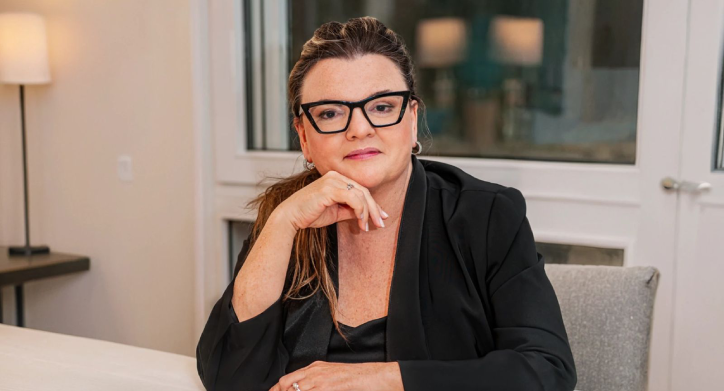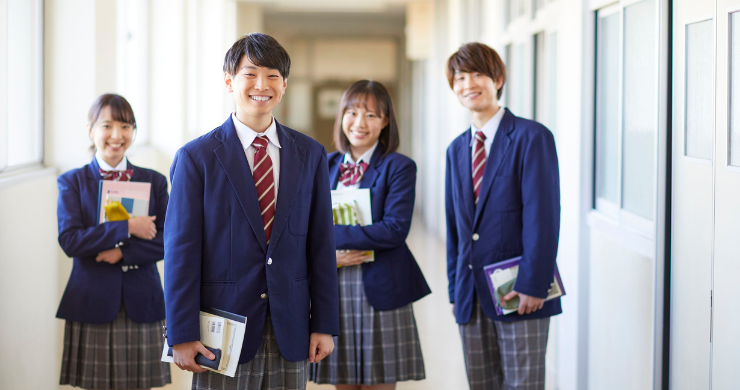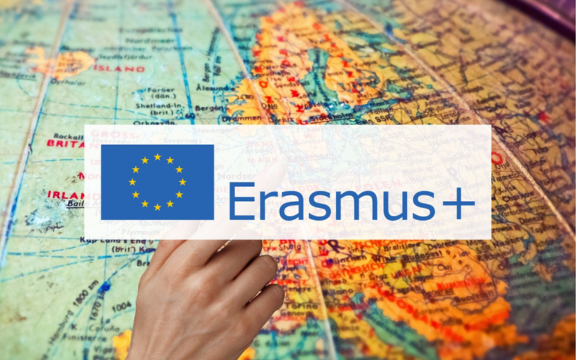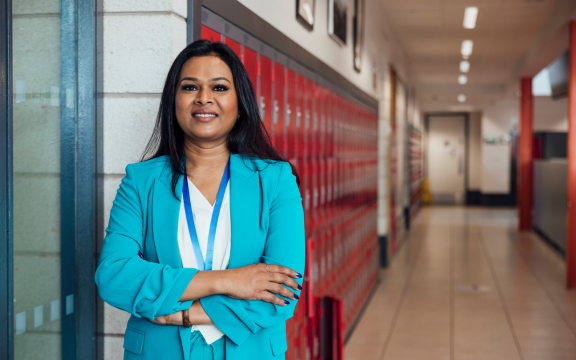About the course

Intercultural Sciences for a New Era of Local Representatives
How do you relate to your clients around the world in the face of the dramatic changes that society has been undergoing? Are young people more difficult to deal with, and their parents increasingly intransigent and demanding? What are Intercultural Sciences and how do they affect your clients during migration - and most importantly - how has this been affecting you and your performance?
In this course, you will discover new and revolutionary tools for understanding your clients and yourself in the process - helping you create a healthier and more sustainable relationship throughout your exchange students' journey abroad. And the best part: you will be surprised with concepts that you have never heard of and that will make perfect sense with the changes that our market has been facing in recent years.
This course offers practical tools to help you understand your role in the migration process, your clients’ expectations and discover new ways to understand them and therefore communicate with them for better results. So, stop stressing about migration dramas, demands from local agencies, host families and the entire chain involved.
This training is designed for you — your career, your understanding of the family systems of your target countries, and your need for new skills to address old problems that still use old solutions.
Available in English audio with options for subtitles in English, Spanish, Portuguese and Korean.
Testimonials


Themes involved
What makes this course different?
You are on the front line of the exchange program, dealing directly with the challenges of adaptation, family conflicts and school issues of exchange students. And we know that it is not always easy. That is why we have developed a training designed specifically for you, who needs to act quickly, solve problems and ensure that the experience is positive for everyone involved. Including for your mental health and well-being, protecting yourself from conflicts and seeking quick solutions when needed.
Here, you will learn practical strategies to manage expectations, mediate conflicts with host families, international program representatives and schools, and develop more assertive communication with exchange students and those involved. All of this is based on Intercultural Sciences (Intercultural Psychology & Intercultural Education), so that you can be more confident in your decisions and avoid unnecessary stress. Because when you are well prepared, the exchange students will be too.
- Graduated in Psychology, Masters in Social Psychology (1995)
- Volunteer at ICYE as a member of UNESCO and by UN designated as “Peace Messengers” (1993-1994)
- Intercultural Education Training by the European Council (1994)
- IACCP Member (International Association for Cross-Cultural Psychology) since 1998
- Tutor and Guest Speaker at MIT about Cultural Awareness since 2021
- Member of the Educational Advisory Council at AFS International that promotes the Training for Trainers in countries like Chile, Argentina, Colombia, Venezuela and Costa Rica (2006-2012)
- Long and short term experiences abroad in Spain (Madrid), Italy (Rome) and Belgium (Louvain-la-Neuve) (1990-1996), United States (2008), France (2023) and Canada (2012, 2017, 2024, 2025)
- Author of books "Cultural Exchange: an Intercultural Education guide to be a citizen of the world", Publishing company Artes & Ofícios, Porto Alegre, 2001; "The North of the Compass: Manual for Coexistence and Negotiation with Foreign Cultures", Publishing company: Artes & Ofícios, Porto Alegre, 2005; "Cultural exchange; to understand and fall in love ", Publishing company: Artes & Ofícios, Porto Alegre, 2007; “Expats.com – a new challenge for Interculcultural HR's”, Publishing company: Artes & Ofícios, 2009; “More bridges, fewer barriers – the essence of interculture between us”, (in production)
- Over 600 5-star reviews and testimonials on Google, Linkedin, Youtube and Linkedin

Andrea Sebben
In almost 30 years, Andrea Sebben has trained around 20,000 people (including parents, students, expatriate executives and their families and football players) for countries like Australia, United States, Canada, Angola, China, India, Argentina, Peru, Japan, South Korea, Morocco, Algeria, Slovakia, Czech Republic, Switzerland, England, France, Germany, South Africa, Iceland among others.





















